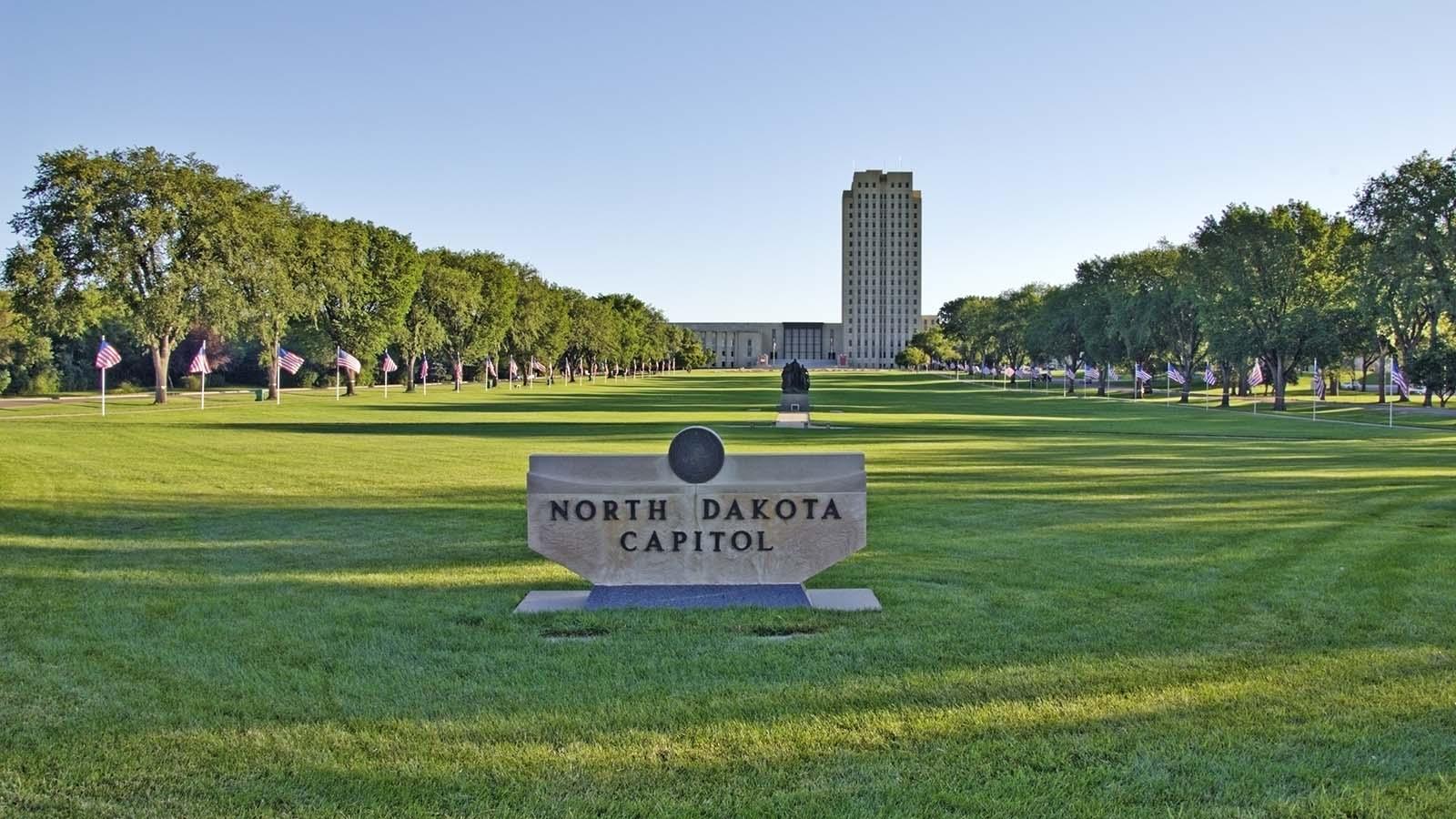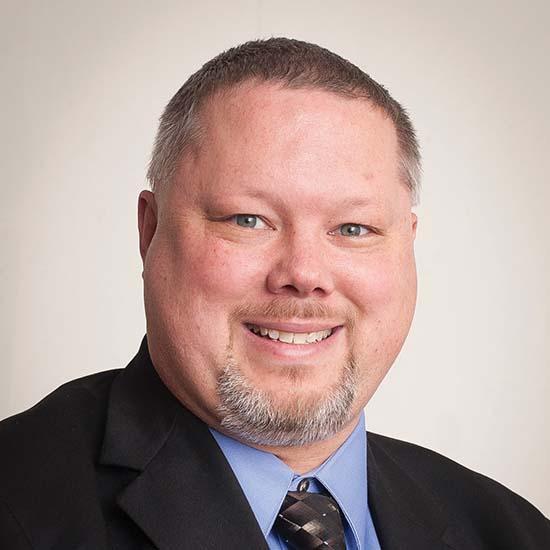Politics

-
Program TypeMajor, Minor
-
Degrees OfferedB.A.
-
SchoolSchool of Arts & Sciences
Explore the classic texts that have helped shape our political life throughout history. Understand the traditions that inform today’s political landscape.
What You’ll Learn
You’ll gain an understanding of the American government and the basis of our political tradition. Delve into political philosophy and the profound questions: What is justice? What are rights, and where do they come from? What is the ultimate source of authority?
- Gain Real-world Experience
Mary’s location in North Dakota’s capital city gives our students the opportunity to observe and practice politics in real-time. You can complete an internship at the North Dakota State Capitol, join the Pre-Law Club and Marauders on Politics (MOPs), and connect with elected local, state, and federal officials.
- Learn and Serve
Seminars, presentations, and field trips are integrated into classroom learning, giving our students the opportunity to interact with the community and volunteer their time to events throughout the region.
- Understand Politics in its Original, Positive Meaning
Consistent with Mary’s commitment to servant leadership, the program explores politics from the perspective of its original meaning and objective — the discernment of the path to human flourishing.
- Earn Your Bachelor’s in 2.6 Years
Our students can participate in Mary’s Year-Round Campus, which helps students plan their schedules to graduate earlier and with less debt than their peers.
Program Information
Please visit our catalog for admission requirements and a full list of our courses.
Featured Faculty

Mark M. Springer, PhD
Chair of Politics and Pre-Law, Director of Social Studies Education, Professor of Politics
My teaching philosophy fits a system where students and faculty are part of a learning community. Ethics and integrity are values that I stress inside and outside of the classroom; I believe we develop as people if we are open to discussion, but also reflective of the values that are important to building a community.
I try to demonstrate to students that a classroom code of conduct is reflective of society at large; the development of a strong community begins with a commitment to professional standards and is a product of the core values of respect for others in society. I feel these values are important for students to understand in order to become effective leaders.
The bottom line is that I love to teach. Each individual has an interesting background and history that makes that student unique to the class. I like seeing students make connections between politics and their life in a meaningful way so that they can see that it is not all about power but can be a shared experience that is positive in life.

